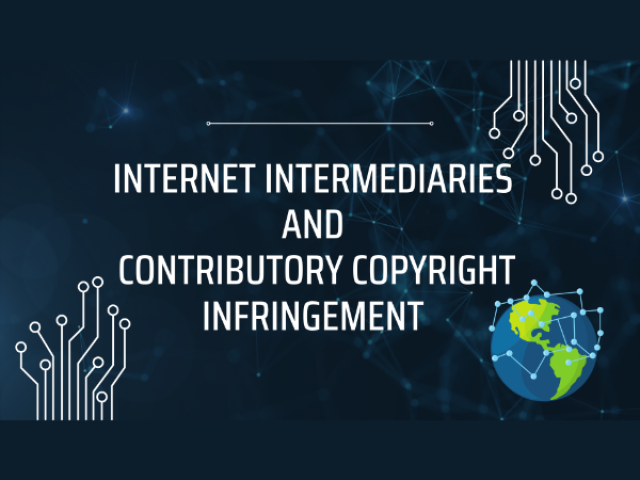The Copyright Act of India recognizes all original published or unpublished literary, artistic, dramatic etc. works and protects these from unauthorized use by others. It grants monopoly rights to the author of such works.
The owner of a copyright work can not only himself avail monetary and other benefits from the commercialization of his work, but he can also co-share with others generating mutual benefits. This usually takes place by Licensing or assignment of copyrights.
An assignment agreement of copyright is a legal document that contains the provisions of the transfer of copyright ownership rights from one individual/party to another in writing and signed by the copyright owner or his authorized agent.
The copyright assignment agreement of copyright is a record of ownership and transfer of copyright, which protects the rights of the involved parties.
The person who sells is the Assignor and the person who purchases is called the Assignee; wherein the assignee pays the assignor fees to obtain/purchase the copyright.
Section 19 of the Copyright Act lays down the requirements to assign copyright.
(1) No assignment of the copyright in any work shall be valid unless it is in writing signed by the assignor or by his duly authorized agent.
(2) The assignment of copyright in any work shall identify such work, and shall specify the rights assigned and the duration and territorial extent of such assignment.
(3) The assignment of copyright in any work shall also specify the amount of royalty and any other consideration payable, to the author or his legal heirs during the currency of the assignment and the assignment shall be subject to revision, extension or termination on terms mutually agreed upon by the parties.
(4) Where the assignee does not exercise the rights assigned to him under any of the other sub-sections of this section within a period of one year from the date of assignment, the assignment in respect of such rights shall be deemed to have lapsed after the expiry of the said period unless otherwise specified in the assignment.
(5) If the period of assignment is not stated, it shall be deemed to be five years from the date of the assignment.
(6) If the territorial extent of the assignment of the rights is not specified, it shall be presumed to extend within India.
(7) Nothing in sub-section (2) or sub-section (3) or sub-section (4) or sub-section (5) or sub-section (6) shall be applicable to assignments made before the coming into force of the Copyright (Amendment) Act, 1994 (38 of 1994).
(8) The assignment of copyright in any work contrary to the terms and conditions of the rights already assigned to a copyright society in which the author of the work is a member shall be void.
(9) No assignment of copyright in any work to make a cinematograph film shall affect the right of the author of the work to claim an equal share of royalties and consideration payable in case of utilisation of the work in any form other than for the communication to the public of the work, along with the cinematograph film in a cinema hall.
(10) No assignment of the copyright in any work to make a sound recording which does not form part of any cinematograph film shall affect the right of the author of the work to claim an equal share of royalties and consideration payable for any utilization of such work in any form.
These laws have been proven as a boon to the authors as it strengthens their position in the new modes of exploitation of their work.
Moreover, if the period of the assignment is not mentioned in the agreement, usually it is taken as 5 years from the date of the assignment.
Also, if the territorial extent is also not mentioned in the agreement, it is taken as applicable in the whole of India.
Interestingly in the case of Saregama India Ltd v. Suresh Jindal, it was held that according to the provisions of this act, the owner of the copyright in a future work may assign the copyright to any person either wholly or partially for the whole of the copyright or any part thereof. If an assignment is made to the assignee then he is treated as the owner of that copyright.
Moral Rights: The author of any work has a right to claim the authorship of the work and claim the damages in case of any mutilation, distortion or modification caused to his/her work done before the expiration of the term of assignment which may cause harm to his goodwill.
The important point here is that moral rights are independent of the author’s copyright and remain with the author even if she/he has assigned his copyright.
For more information, please contact us.




